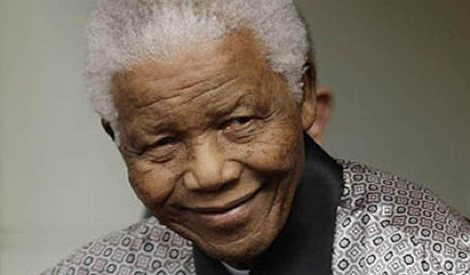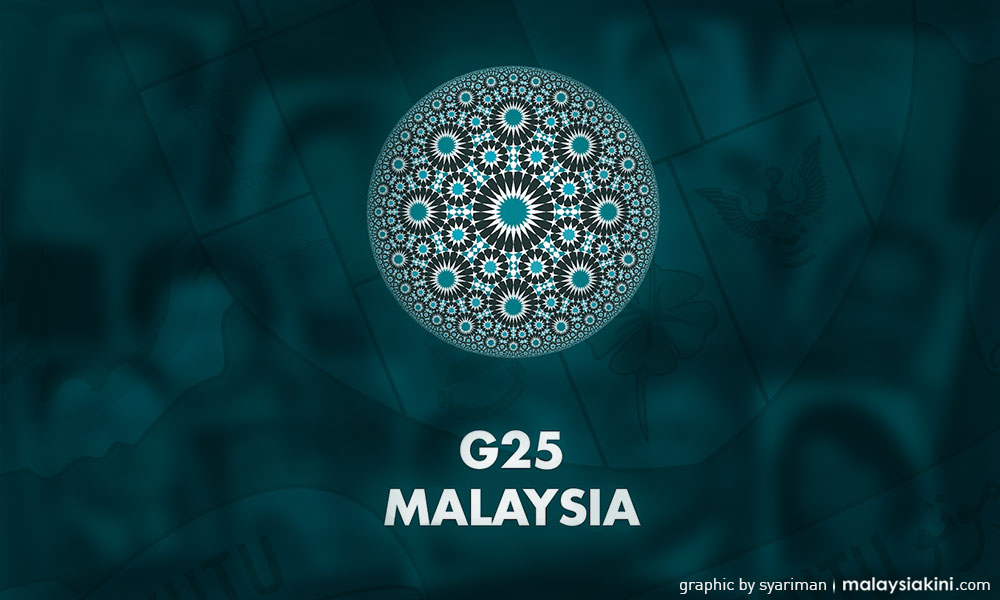
Mandela’s Way – Lessons on Life is worth a repeat reading. The book describes how former South African president Nelson Mandela, as a young boy, used to herd the village cattle with his friends in the afternoon.
“You know, when you want to get the cattle to move in a certain direction, you stand at the back with a stick,” he said.
“And then you get a few of the cleverer cattle to go to the front and move in the direction that you want them to go.
“The rest of the cattle follow the few more energetic cattle in the front, but you are really guiding them from the back. That is how a leader should do his work.”
As we start the New Year with a new government grappling with the old issues of communal politics and party factionalism, let us reflect on Mandela’s pragmatic leadership in apartheid South Africa, why the answer to complex questions is not always either-or but often the inclusive both, and the ideals that a leader is prepared to die for.
Leadership at its most fundamental is about moving people in the right direction – usually through changing their thinking and actions. It’s about empowering the people to move forward together towards a shared goal of improving the human condition.
In South Africa, it’s known as ubuntu - “the profound sense that we are human only through the humanity of others; that if we are to accomplish anything in this world, it will in equal measure be due to the work and achievements of others,” Mandela said.
An ancient word of the Bantu peoples in South Africa, ubuntu essentially means “'I am what I am because of who we all are”.
Ubuntu manifests itself in our individual actions, in our family, in society, and on a larger scale in our politics. When we work together in the ubuntu spirit to oil the squeaky wheels of reforms and keep it turning, it will eventually lead to a transformation of cultures and mindsets.

Here, I’m reminded of the Group of 25, a congregation of Malay public intellectuals who came out to strongly reject Islamic extremism and “supremacist NGOs” that “have led to the deterioration of race relations, eroded citizens’ sense of safety and protection under the rule of law and undermined stability”.
But since its formation in December 2014, not much else is known about the G25 or how the progressive Malay intelligentsia could have significantly influenced the tone and contents of the national conversation. Which leads me to wonder about the what ifs as we enter the New Year.
What if the G25 had sustained its intellectual momentum and prompted the emergence of other progressive bumiputera thinktanks?
Would it have fostered a gradual transformation of mindsets and rethinking of ketuananpolitics among the Malays?
Would we see less factional politics in the Harapan cabinet and more concerted efforts in meeting its election promises of fundamental reforms?
What if Mahathir were to step aside over the next year or so and guide a younger leader ‘from the back’ the Mandela way? Would the leadership transfer see us move forward to a Malaysia Baharu, away from the old politics of special rights and privileges? Maybe not.
What if the stranglehold of ketuanan politics on the Malay mindset were to regress Pakatan Harapan to the vision and values, policies and propaganda, character and convictions of the old Umno-led BN?
The situation is certainly fluid. As we enter another year of political uncertainties and factionalism, let not the cliched messages by our leaders be mere rhetoric.
Let us ensure that their pedestrian words of hope are matched by their audacious deeds over the next four years or so.
Here, I’m reminded of the “audacity of hope” that President Barack Obama invoked often in his speeches.
Writing in The Audacity of Hope: Thoughts on Reclaiming the American Dream (2006, page 63), he said: “Sometimes we need both cultural transformation and government action – a change in values and a change in policy – to promote the kind of society we want … I believe in the power of culture to determine both individual success and social cohesion … we ignore cultural factors at our peril.”
May the 20-something age voters with their ideals, particularly from the Malay heartland, foster a new progressive language that can shift the bumiputera-or-non-bumiputera mentality to an inclusive mindset, akin Malaysian ubuntu that channel our energy into overcoming impossibilities and fulfilling potentials rather than continuing to harp on special privileges and rights to move ahead.
As we enter the New Year, may the polity awaken the ubuntu spirit here to replenish our hope for improved living conditions, equitable opportunities for all, and institutional reforms under Pakatan Harapan, which the rakyat gave the mandate to govern for the next four years or so, but which they can easily take back at the GE15 if the new government morphs into another Umno-BN outfit.
ERIC LOO is a senior fellow (journalism) at the School of the Arts, English & Media, Faculty of Law Humanities & Arts, University of Wollongong. He is also the founding editor of Asia Pacific Media Educator. - Mkini



No comments:
Post a Comment
Note: Only a member of this blog may post a comment.